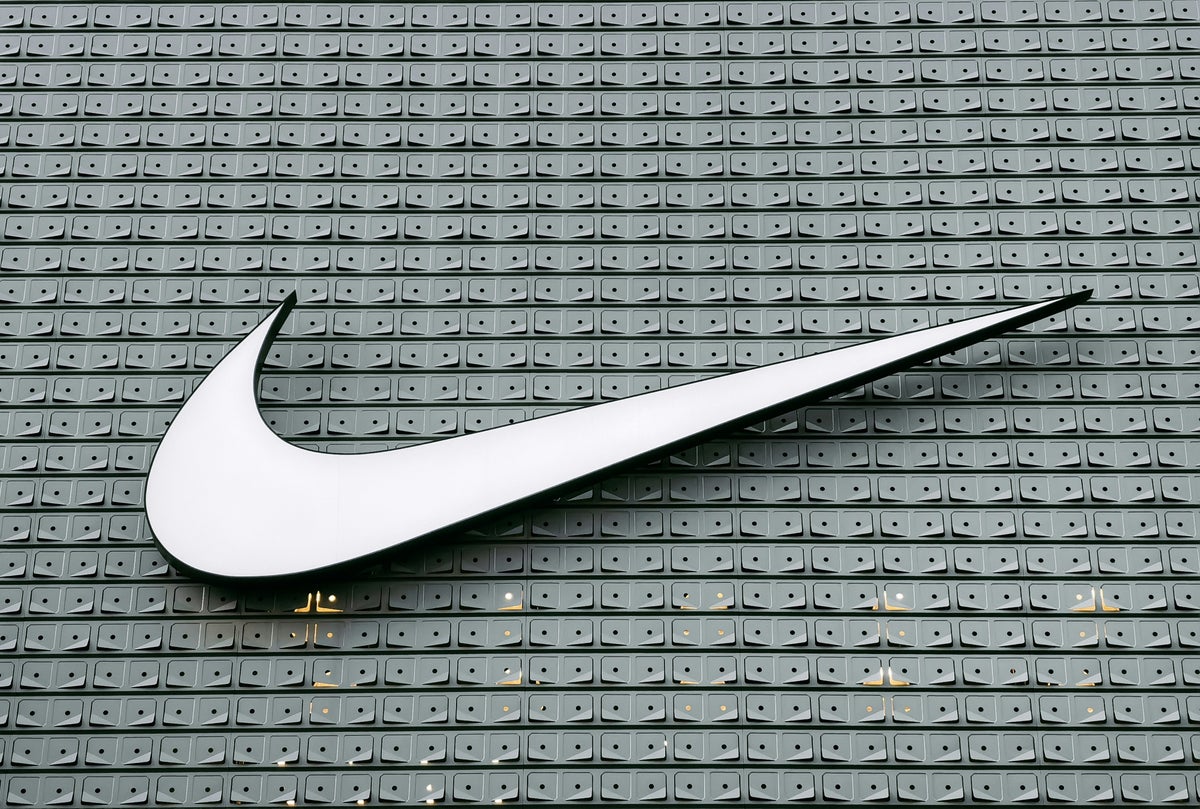These 3 Stocks Show How to Navigate Declining Consumer Confidence

Historically, investors have bet on the consumer discretionary sector when the Federal Reserve (the Fed) cuts interest rates, as these typically have a positive effect on consumer spending habits through easier and cheaper financing rates. However, this time it's different, the state of the consumer is not what it used to be before, and that is sending money out of a few stocks in the space and into others.
Stocks in the retail industry, those that are highly dependent on domestic demand and consumer trends, will likely suffer from what's happening behind the scenes in the economy. Lululemon Athletica Inc. LULU falls into this category, which is why price action and analyst downgrades have been working against the company lately. To avoid this pitfall, investors can look into those with much more international sales exposure.
A bigger brand like Nike Inc. with a large presence in international markets can help the financials of the business diversify across different trends and cycles. Benefitting from this same trend is Skechers Inc. SKX with over a third of its sales exposure being concentrated in European markets. Before investors dig deeper into he divergence between these names, they should understand why domestic markets are seeing lower demand.
Key Factors Behind the Recent Decline in Consumer Confidence Readings
Economists can keep thinking in black or white terms when it comes to the consumer, but the reality is that there are many more factors at play, such as psychology. The consumer today has to battle with rising unemployment rates, inflation in items like rent, groceries, and insurance.
The divergence between earning power and inflation has caused one major shift in the financial sector, one that drove Warren Buffett out of consumer credit stocks like Capital One Financial Co. COF over the past quarter. Credit card delinquencies are on the rise, and so are car repossession rates in their 23% annual spike.
Ultimately, the personal savings rate ended up negative in recent readings, meaning items like clothing and other discretionary items will likely be first to be put out of the monthly spending budget from consumers. Investors can probably guess what happens next to stocks that rely too much on domestic demand for these products, such as Lululemon.
The Trends Are Clear for Lululemon: Here Are the Key Details
Lululemon stock had been an investor favorite since the COVID-19 pandemic, when the Fed cut interest rates to a near historical low, an event that helped Lululemon see better prospects. However, today's rate cuts come up against the weakening consumer state, which won't probably have the same effect on the stock as they had a few years ago.
Wall Street analysts know this, and those at Raymond James, Citigroup, Deutsche Bank all downgraded Lululemon stock's price target over the past month. This shift in sentiment serves as a warning for investors to consider, one that is weighted against these fundamental trends that also work against the stock.
More than that, bearish traders decided to raid the stock recently as well, as Lululemon stock's short interest rose by as much as 10.8% in the past month, part of a quarterly trend higher. This new sentiment can be seen in the company's price action lately as well.
Lululemon stock now trades at a low 50% of its 52-week high, meaning a deep bear market in the company's value perception. The changing sentiment can also be attributed to Wall Street's earnings per share (EPS) projections for the next 12 months.
Analysts predict that Lululemon will see only $2.85 EPS compared to today's $3.15, calling for a net decline of 9.5% to bring the bearish thesis home. Despite the sock already trading at a low, investors should consider waiting a bit before forgiving its fall.
Why Nike and Skechers Are the Better Buys Right Now
Counting with a much bigger international presence, both Nike and Skechers are able to stay away from the potentially bigger contractions to be seen from the consumer sector in the United States, which is why Wall Street has treated both of them a bit better.
Not to mention, mega investor Bill Ackman recently took advantage of Nike's sell-off to buy up a sizeable stake in the company, showing investors that value is in Nike rather than Lululemon stock despite both suffering from similar declines. Here's what Wall Street had to say about Nike.
The consensus price target lies at $96.5 today, calling for up to 8% upside from where the stock trades right now. This is after the double-digit rally that Ackman's purchase ignited as well. But that's not all, the Healthcare of Ontario Pension Plan decided to boost their holdings by 625.4% in Nike, bringing their net investment to $5.8 million today.
All told, Nike stock now trades at 72% of its 52-week high to be significantly above Lululemon.
Skechers brings a similar thesis to the market, as the stock sits at 92% of its 52-week high to show investors bullish momentum in recent months.
Analysts at Bank of America felt comfortable boosting the stock's price target up to $81 a share, daring it to rally by as much as 17% from where it trades today and also make a new yearly high. Short sellers are also starting to capitulate in front of this trend, as Skechers stock's short interest declined by 9.2% in the past month.
With declining short interest and increasing analyst confidence, Skechers appears poised for continued strength. If current trends persist, the stock could soon challenge its previous highs, further supported by strong market sentiment.
Fundamentally, these two have much better upside and safety than Lululemon, which is why investors should consider them as potential buys in the middle of a weakening consumer sentiment reading.
The article "These 3 Stocks Show How to Navigate Declining Consumer Confidence" first appeared on MarketBeat.
© 2024 Benzinga.com. Benzinga does not provide investment advice. All rights reserved.
Breaking news
See all






